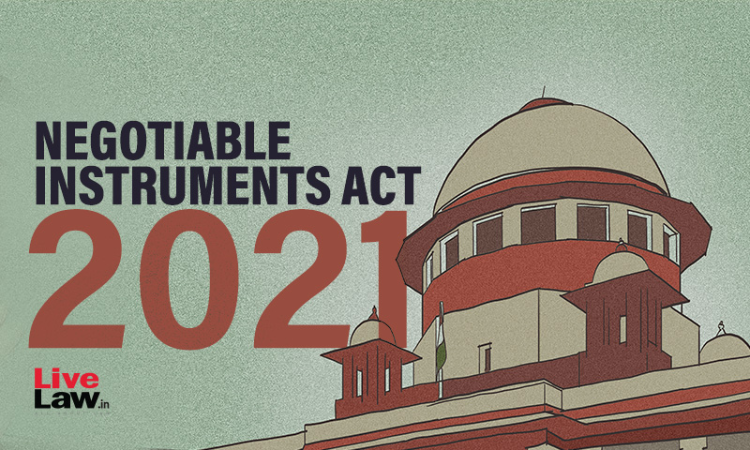Next Story
26 Dec 2021 9:35 AM IST
1. Moratorium Under Section 14 IBC Covers Section 138 NI Act Proceedings Against Corporate Debtor For Cheque DishonourIn P Mohanraj and others v M/s Shah Brothers Ispat Ltd, the Supreme Court held that the declaration of moratorium under Section 14 of the Insolvency and Bankruptcy Code(IBC) covers criminal proceedings for dishonour of cheque under Section 138 of the Negotiable Instruments...

